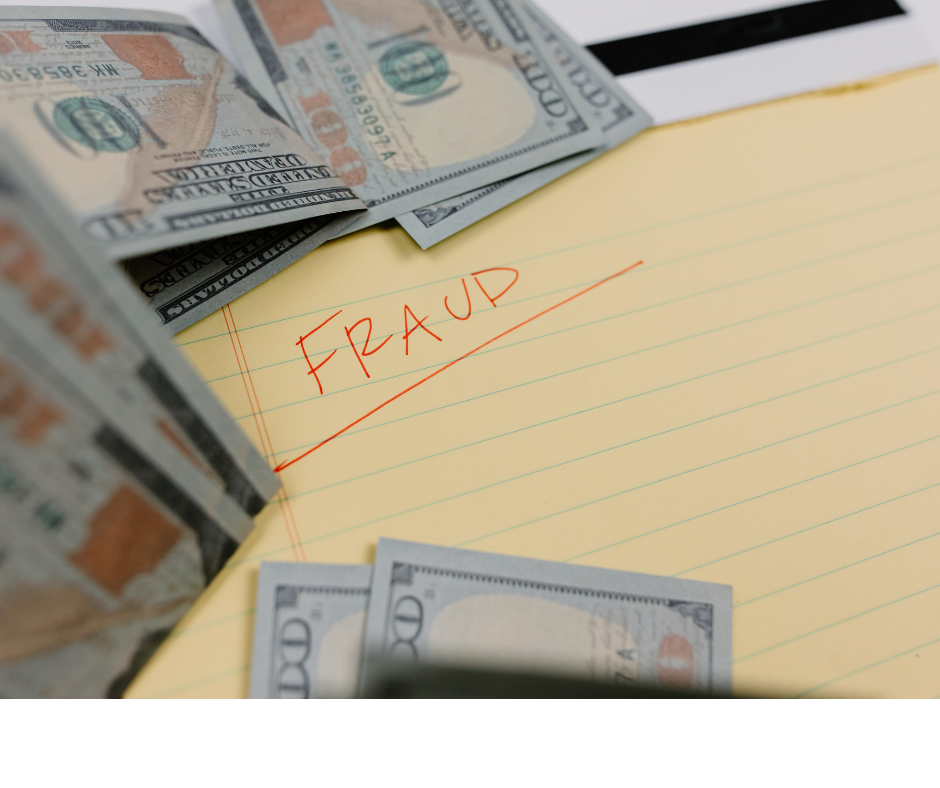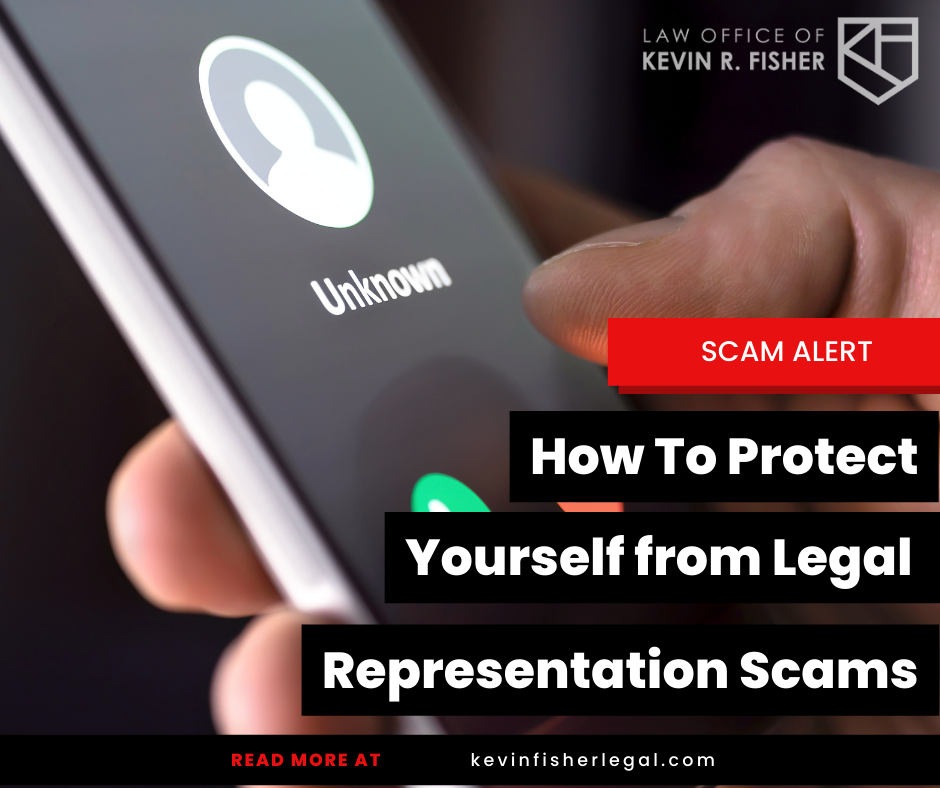A scam is a dishonest or fraudulent scheme. Scams can take many forms, including legal representation scams. Keep reading to learn more about legal representation scams and how to avoid them.
What is a legal representation scam?
A legal representation scam typically shows up as someone offering legal services they are not qualified to offer. Usually, unsuspecting clients pay any amount the “attorney” asks for to ensure their legal case moves forward.
Another scam dismantled
I recently ran into another legal representation scam. Another lawyer referred me a case, and according to the lawyer, the potential client (PC) was arrested and jailed for a reckless driving charge. In short, the PC hit another car, a pregnant person was driving the car, and the driver’s baby may not survive. I reached out to the PC’s family. The family told me they heard from the PC, but the PC sounded strange. The family thought that she may have sounded different because of the emotions she was experiencing from being in custody. The family told me they were on their way to take out cash to pay for the bond. They also told me that the PC’s bond was set at $250,000. I know from my years of experience that this was an extremely high bond for a reckless driving charge with no death.
This situation did not seem right. I have dealt with scam attempts before, so I asked the family more questions about who they spoke to and where the bond was being paid.
The family told me they took out $50,000 in cash and were told to put $25,000 in cash in two separate, bubble-wrapped envelopes. This did not seem right at all. I immediately told the family to stop driving and wait for me to contact the “public defender” working on the case and the potential client on her cell phone. The potential client’s phone rang but did not go straight to voicemail. This was very strange.
Usually, if a potential client is in custody, their phone goes straight to voicemail because police turn the cell phone off once the phone is in a police property hold. I then called the “public defender.” A person named Mr. Joseph Conza answered the phone on behalf of the “Legal Aid” office. I told Mr. Conza that I was helping the potential client’s family and had some questions for him. I asked him if he could tell me more about the potential client’s charges. Mr. Conza abruptly responded, “Go f*** yourself,” and then hung up the phone.
At this point, it was obvious that Mr. Conza attempted a legal representation scam to take advantage of the potential client’s family. I tried calling the potential client again, who eventually answered the phone. She was working at her office and was shocked to hear about what was happening. I later found out that the “public defender” used the name of a County Defender in New York.
Luckily, I was able to get ahead of this situation before the potential client’s family gave $50,000 in cash to a stranger posing as legal representation.

What can you do to avoid being scammed?
When your loved one is in jail, you want to do everything you can to help them – including getting legal representation. To avoid legal representation scams, here are some things you can do:
- Check to make sure your loved one is, in fact, in jail by checking the jail website or calling the jail.
- Call your loved one’s cell phone to see if they answer. If their cell phone does not go straight to voicemail, this may indicate that they are not in custody.
- If someone requests that you pay cash to free your loved one, find out to whom the cash is being paid and the location and address of the individual. Then, call an attorney or the police.
- If someone requests that payment be made by calling a phone number and using a charge card or credit card, call an attorney or the police.
- If your loved one calls from jail and there is little time to get all the information you need, call the loved one’s cell phone.
- Call the supposed attorney handling the case with an actual attorney present to help you get details about the potential scam.
- Find out where the supposed attorney is licensed to practice, and then check the state bar member directory. You are not speaking with a licensed attorney if the attorney does not show up in the state bar member directory.
- Once you have confirmed this is a legal representation scam, contact the FBI’s local office to report the scam.
Questions? Give me a call today!
You want the best for your loved one, including legal representation free from scams. I have decades of experience fighting for my clients and handling criminal cases. I know the players in Georgia criminal court, and I am here to help. If you believe you are dealing with a legal representation scam and need an attorney to help with your loved one’s criminal case, give me a call today!

